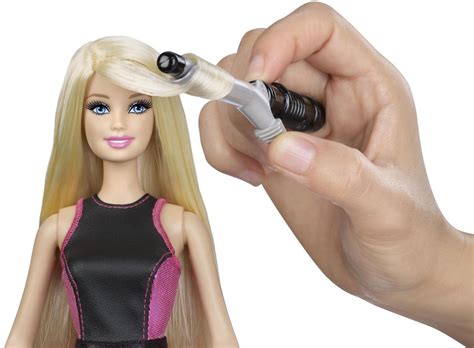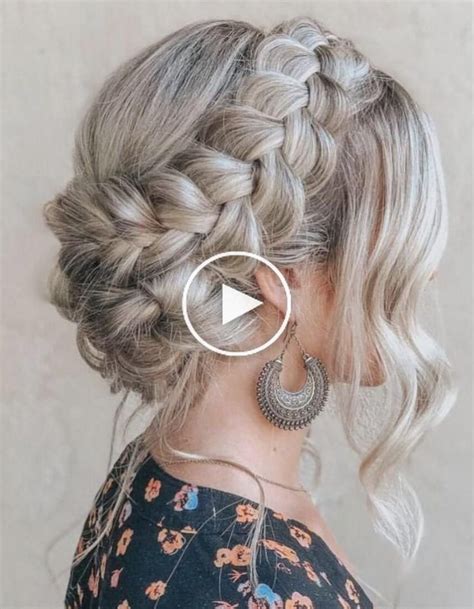Indulge in the enchanting allure of braided human hair, a timeless adornment that captivates with its intricate artistry and versatility. From regal crowns to bohemian chic, braids have transcended generations, adorning heads with beauty and cultural significance.

History and Cultural Influence
The origins of braiding are shrouded in the tapestry of ancient history. Archeological evidence suggests that as early as 30,000 BCE, humans braided their hair for practical and aesthetic purposes. In many cultures, braids symbolized social status, age, and marital status.
- In ancient Egypt, elaborate braids were a symbol of wealth and divinity.
- Among the Vikings, braids denoted a warrior’s prowess and strength.
- In African traditions, braids carried deep cultural and spiritual meanings, often conveying messages or representing family lineage.
Today, braids continue to hold cultural significance, empowering individuals to express their heritage, embrace individuality, and connect with their roots.
Types and Styles of Braids
The world of braided hairstyles is a vast and ever-evolving canvas. From intricate cornrows to effortless french twists, there’s a braid for every face shape, hair type, and occasion.
Cornrows
Cornrows, also known as African braids, are tightly woven braids that run parallel to the scalp. They offer endless styling possibilities, from classic straight lines to intricate geometric patterns.
French Braids
French braids, the epitome of classic elegance, incorporate new strands of hair from both sides as you braid. They’re perfect for creating voluminous buns, updos, and half-up styles.
Box Braids
Box braids, characterized by their square-shaped sections, provide a protective and versatile option. They can be styled into a myriad of shapes, including bobs, ponytails, and locs.
Dreadlocks
Dreadlocks, or locs, are formed when hair mats together naturally or through a locking process. They create a unique and distinctive look that has become synonymous with Rastafarian culture and the bohemian lifestyle.
Braided Extensions
Braided extensions offer a convenient way to add length, volume, and color to your hair without the commitment of permanent braids. They come in a variety of styles, including crochet braids, clip-in braids, and fusion braids.
Benefits of Braided Hair
Beyond their aesthetic appeal, braided hair offers a multitude of benefits for hair health and personal empowerment.
- Protective: Braids shield hair from environmental damage, reducing breakage and split ends.
- Nourishing: Braids promote even distribution of natural oils, keeping hair moisturized and healthy.
- Versatile: Braids can be styled into an endless array of looks, allowing you to express your individuality.
- Cultural: Braids connect you to your heritage and celebrate the beauty of diverse cultures.
- Empowering: Braids empower you to embrace your natural hair and express yourself creatively.
Braided Hair for Special Occasions
Braids are an indispensable element of special occasion hairstyles. Whether it’s a wedding, prom, or a formal event, braids add a touch of elegance and sophistication.
- Wedding Braids: Intricate braids can create stunning bridal updos, such as chignons, braided halos, and buns.
- Prom Braids: Braids can enhance prom hairstyles, adding volume, texture, and a touch of glamour.
- Formal Braids: Braided buns, crowns, and side braids are perfect for formal occasions, providing a polished and chic look.
Maintenance and Care
Proper maintenance is crucial to preserve the health and beauty of your braided hair.
- Wash gently: Use a sulfate-free shampoo and conditioner specifically designed for braided hair.
- Moisturize regularly: Apply leave-in conditioner or hair cream to keep hair hydrated and prevent frizz.
- Detangle carefully: Use a wide-toothed comb or detangling brush to gently remove knots, working from the ends towards the roots.
- Protect from heat: Avoid using heat styling tools, as they can damage braided hair.
- Refresh between washes: Use a dry shampoo or styling spray to refresh your braids and extend their lifespan.
Braided Human Hair in Modern Applications
Beyond traditional hairstyles, braided human hair has found innovative applications in various industries.
- Medical: Braided hair can be used to create medical implants, such as artificial tendons and ligaments.
- Bioengineering: Braided hair fibers are being explored for use in tissue scaffolds and regenerative medicine.
- Fashion: Braided human hair accessories, such as belts, bracelets, and headbands, are gaining popularity in the fashion world.
- Art: Artists incorporate braided hair into sculptures, paintings, and other forms of artistic expression.
Common Mistakes to Avoid with Braided Hair
- Over-tightening braids, which can lead to scalp tension and hair breakage.
- Using products with harsh chemicals, which can damage hair and dry out the scalp.
- Neglecting maintenance, which can result in matting, frizz, and hair loss.
- Removing braids too frequently, which can weaken hair and cause breakage.
- Treating braided hair like your natural hair, as it requires different care and maintenance techniques.
Pros and Cons of Braided Human Hair
Pros:
- Enhanced hair protection
- Increased volume and length
- Versatile styling options
- Reduced breakage and split ends
- Cultural significance
Cons:
- Can be time-consuming to install and maintain
- May cause scalp tension if braided too tightly
- Requires specialized care and maintenance
- Can be expensive, especially for professional braiding services
Table 1: Braided Hair Maintenance Schedule
| Maintenance Task | Frequency |
|---|---|
| Wash with shampoo and conditioner | Every 2-3 weeks |
| Moisturize with leave-in conditioner | Daily |
| Detangle with a wide-toothed comb | As needed |
| Refresh with dry shampoo or styling spray | Between washes |
| Trim split ends | Every 6-8 weeks |
Table 2: Braiding Techniques for Different Hair Types
| Hair Type | Braiding Technique |
|---|---|
| Fine hair | Tight braids, french braids, fishtail braids |
| Medium hair | Box braids, cornrows, dreadlocks |
| Thick hair | Loose braids, jumbo braids, waterfall braids |
Table 3: Braided Hair Styles for Different Occasions
| Occasion | Braided Hairstyle |
|---|---|
| Wedding | Braided chignon, braided halo, braided bun |
| Prom | Braided crown, braided ponytail, braided updo |
| Formal | Braided side braid, braided bun, braided headband |
Table 4: Innovative Applications of Braided Human Hair
| Industry | Application |
|---|---|
| Medical | Artificial tendons, ligaments |
| Bioengineering | Tissue scaffolds, regenerative medicine |
| Fashion | Accessories (belts, bracelets, headbands) |
| Art | Sculptures, paintings, artistic expression |
Conclusion
Braided human hair is a timeless adornment that transcends cultures and generations. From its protective and nourishing qualities to its versatility and empowering nature, braided hair continues to captivate and inspire. Embrace the beauty and benefits of braided hair, and unleash your own unique style while honoring the rich traditions that have shaped its history.
